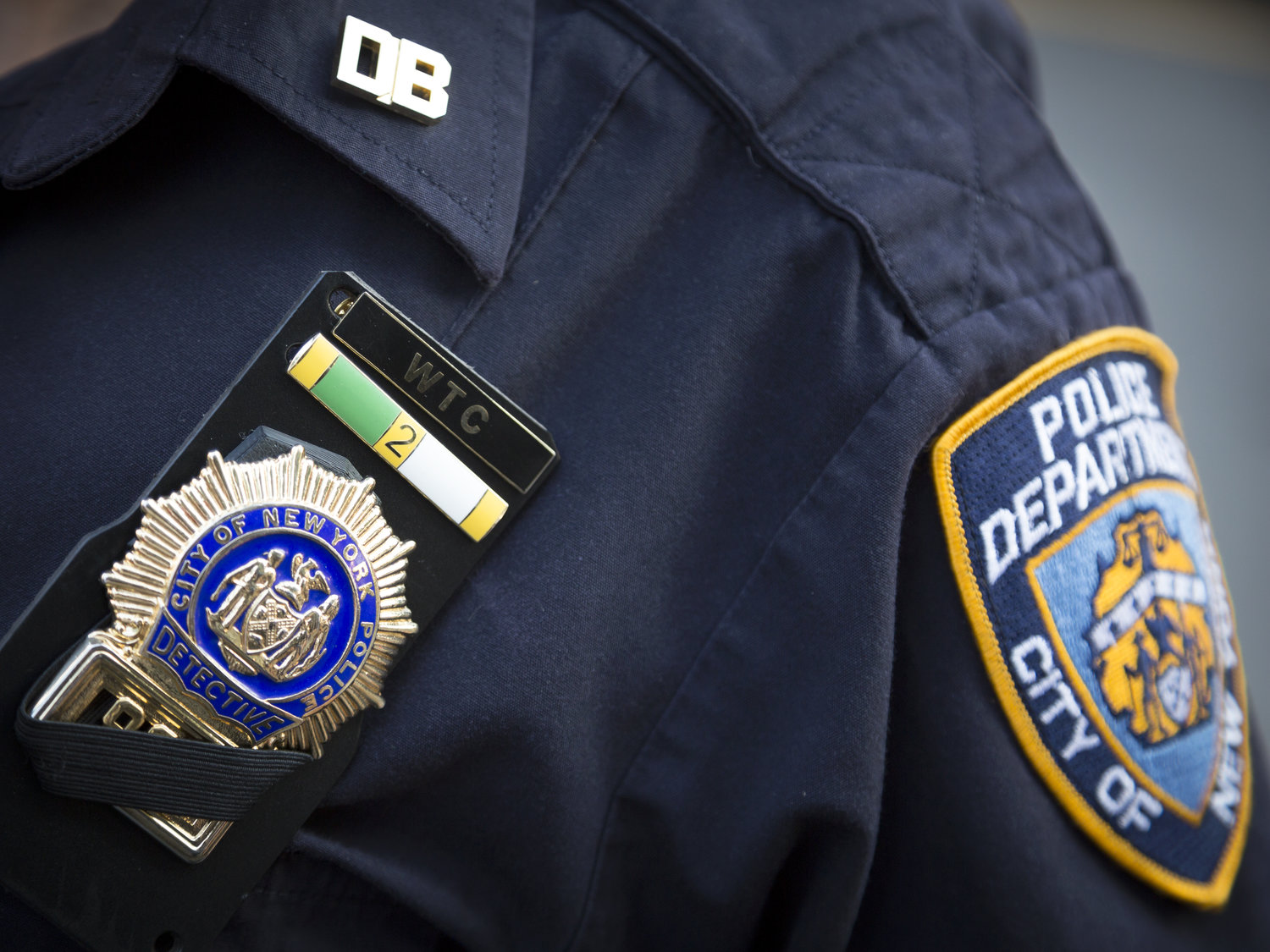The double suicides of two St. Lucie County deputies left their friends and family reeling. Those that were close to Clayton Osteen and Victoria Pacheco say the devastating turn of events was “out of character” for them, as they were often described as a happy young couple in the midst of starting a new family. In another incident, two Hillsborough County deputies died in an apparent murder-suicide in St. Augustine while on vacation. In that incident, witnesses say Detective Daniel Leyden got into an argument with another deputy he was in a relationship with and shot her before turning the gun on himself. All of that happened before the end of January 2022. How can someone sworn to protect and serve be driven to such drastic measures like harming themselves or others? Is it a singular issue? Or could it be a much broader problem? Some professionals say that it could stem from the stress of the job. But how deep does it go? According to data from Blue H.E.L.P.—a New Jersey-based organization that specializes in law enforcement suicide prevention and tracking—470 officer suicides were reported between 2019 and 2021. 2019 saw the height of officer suicides with 196 total reported. The numbers went down in 2020 and 2021, with both years reporting 143 and 131 suicides, respectively. That, however, might not show the full scope of the situation, according to Psychotherapist Dr. Grant McDougall, who specializes in the mental health of law enforcement officers and serves on the National Sheriffs’ Association Psychological Services Section. “Typically the number one killer in law enforcement is suicide,” said McDougall. “They’re underreported. There are a lot of suicides that never get reported for a variety of reasons. We also don’t really track retired officer suicides, which is a very frightening number as well.” McDougall said one of the main contributing factors to an officer’s deteriorating mental health is cumulative trauma, or the build up of certain traumas officers experience in their careers. The way McDougall describes cumulative trauma is like a bee sting. When someone gets stung by a bee, it hurts in the moment but the pain subsides and it goes away after a while and they forget about it. But if someone were to be stung by a bee everyday, their psyche could begin to break down. “A lot of times what I see happening with law enforcement officers is it’s not just one thing,” said McDougall. “It’s that cumulative trauma, the day-in and day-out.” And it might not be just the trauma that officers experience in their time working for the police. A common trend among members of the military is to seek law enforcement jobs once their service is up. McDougall said it’s possible for officers to carry over some kind of trauma they might not have been able to process in their service to their new career in law enforcement. Regardless of where the trauma comes from, it’s hard to figure out if that is the true underlying cause behind one officer’s suffering, as cumulative trauma is rather covert in the way it presents its signs. “It creeps up on you,” added McDougall. Another factor that can lead to the suicide of law enforcement officers is the failure to seek help when they need it. This is corroborated by Flagler Sheriff Rick Staly, who said in an interview with News Daytona Beach that oftentimes officers won’t admit that they need help. Mark DiBona, a former law enforcement officer and co-founder of the Protecting the Guardian association—which helps connect officers to mental health resources—said that’s because of the stigma of appearing weak. “When you say you need help, you look weak. There’s a lot of people who can’t get past that stigma,” said DiBona. McDougall said that is the biggest barrier for mental health specialists, and it’s a barrier that needs to be addressed immediately. “Most of the time you’ll hear that people don’t see it coming,” said McDougall. “It’s not because there’s not observant people around them, it’s because law enforcement officers hide these issues.” Another reason officers avoid searching for help, according to DiBona, is because some feel they may be singled out. Since a common trend among officers is to meet at the end of a shift to talk about work, DiBona suggests that group therapy could be a more constructive way to assist officers with mental health counseling. “That way you can see you’re not the only one struggling,” said DiBona. “You can sit in that circle and talk. It doesn’t have to be about the job, it can be about anything on your mind.” And that’s coming from someone who has been in a tough spot during his career too. Before setting up the Protecting the Guardians association, DiBona spent 33 years in law enforcement; first as a police officer in the Boston-area for 8 years before spending the rest of his career in Seminole County. During his time, he said he struggled with PTSD, anxiety, compassion fatigue and depression. It even got to the point that DiBona tried twice to take his own life. But he doesn’t see himself as a victim, he likes to see himself as a survivor. “Suicide is not about dying, it’s about stopping the pain. Grab a buddy if you’re hurting and get some help,” said DiBona. The job for agencies now, according to McDougall and DiBona, is to get better mental health support for their officers. If you are a law enforcement officer in need of immediate help, you can contact Copline, a hotline for officers, by calling 1-800-267-5463.

Pain Behind The Badge: A Look At The Mental Health Of Law Enforcement Officers
Feb 14, 2022 | 3:58 PM




